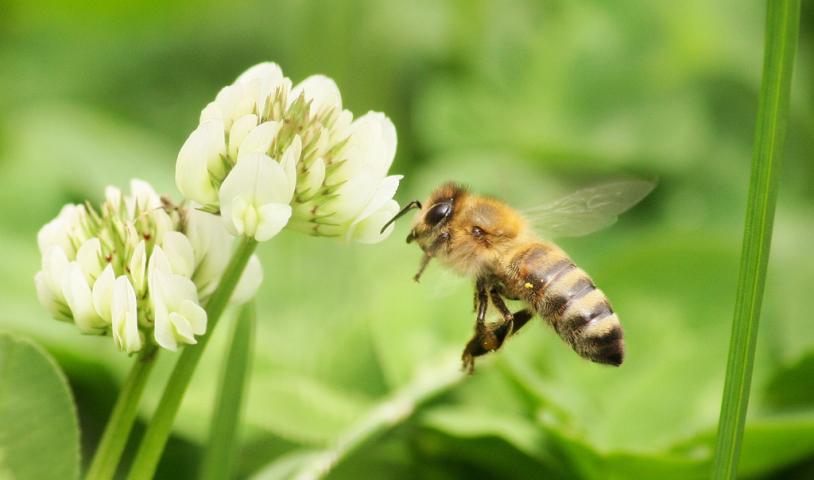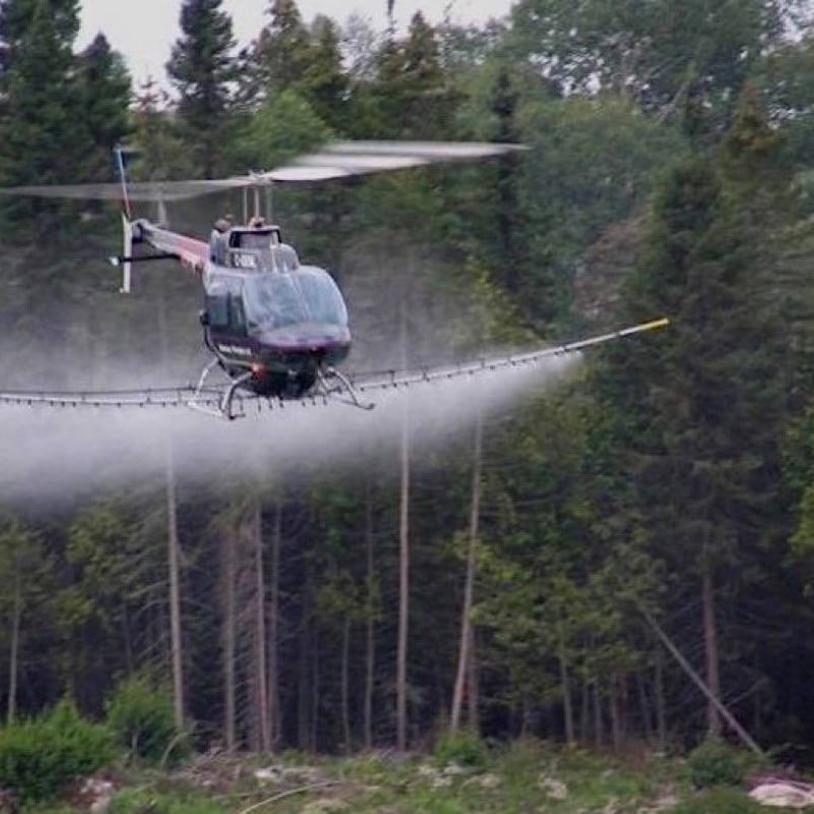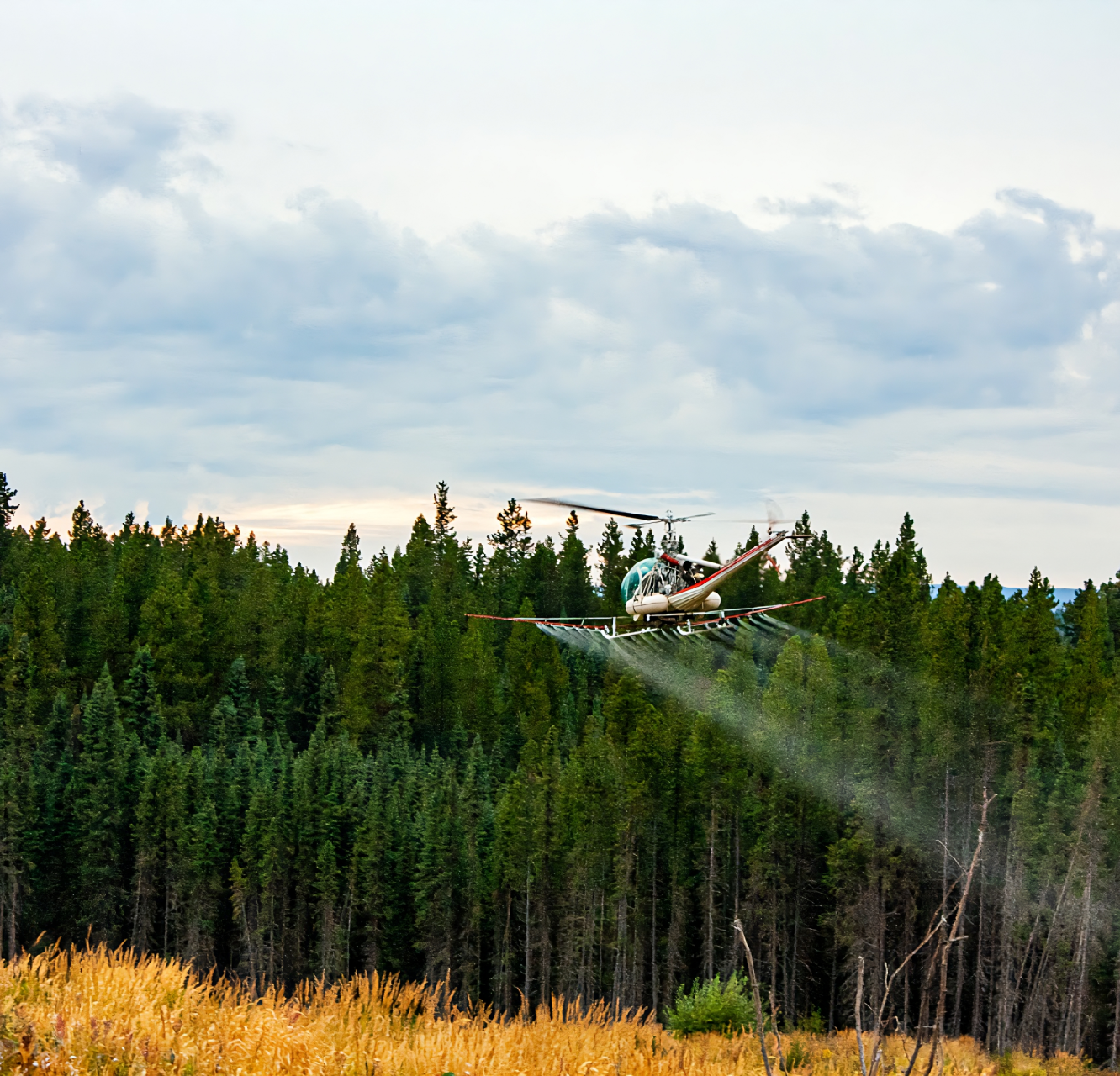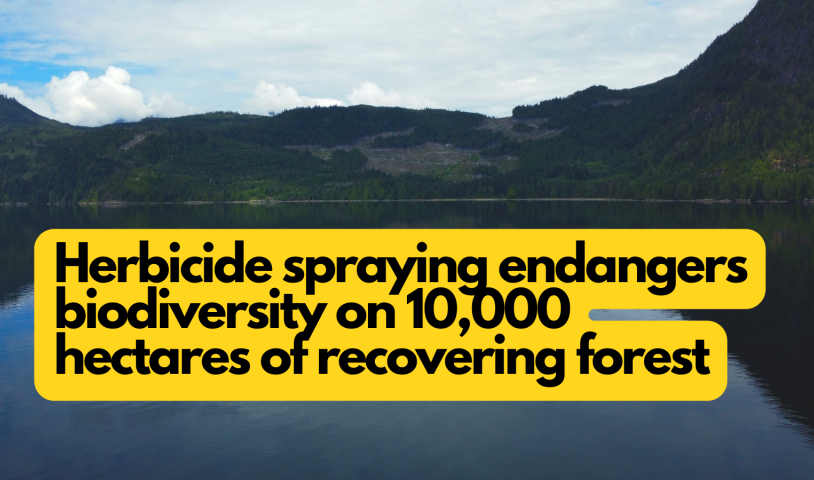Banning bee‑killing neonicotinoid pesticides is the best way to celebrate BC’s “Day of the Honey Bee”
Thursday, May 29, 2014
News Release - May 29, 2014
VANCOUVER – As the British Columbia government today celebrates the “Day of the Honey Bee,” the Wilderness Committee is calling on the provincial government to ban a dangerous class of pesticides called neonicotinoids. Neonicotinoids are widely used in BC and across Canada on a variety of fruit and vegetable crops, including blueberries and corn. These pesticides have been directly implicated in the deaths of tens of millions of honey bees across the country.
“The best way BC could honour our hard-working honey bees is to ban this extremely dangerous class of pesticides,” said Gwen Barlee, Policy Director with the Wilderness Committee. “Bees are responsible for one out of every three bites of food we eat, and we simply can’t play Russian roulette with these and other wild pollinators.”
The Europe Union heavily restricted the use of neonicotinoid pesticides in December of 2013 after finding that the systemic pesticide could not only directly kill honey bees but also causes very serious sub-lethal impacts. These impacts include impaired memory and learning, disorientation, reduced resistance to disease and reduced efficiency in foraging.
In the past couple of years, overwintering losses for honey bees in BC have ranged from 18 per cent to 27 per cent – well above normal winter mortality rates of 10 to 15 per cent. According to the BC Honey Producers Association, many producers in the Lower Mainland and Fraser Valley reported major losses in 2013, some reaching as high as 80 per cent.
In Ontario, where neonicotinoids are heavily used on corn and soy crops, honey bee losses in the winter of 2012/13 reached 37.9 per cent. After a massive bee kill in Ontario, which occurred after neonicotinoid-treated corn seeds were planted, research conducted by Health Canada found neonicotinoid residue in 80 per cent of the bee kill locations and on 75 per cent of the dead bees that were tested.
“Honey bees are not the only pollinators that are vulnerable to this profoundly toxic pesticide,” said Barlee, “Bumble bees, hairy-belly bees, mining bees, sweat bees and hundreds of other wild bees in BC are also threatened by this poison, which is why we are asking Agriculture Minister Norm Letnick to not only to celebrate but actually protect our bees and wild pollinators.”
The regulation of pesticides in Canada falls under both provincial and federal jurisdiction. Provinces are responsible for pesticide permits, compliance and enforcement, transportation, sale and use, among other responsibilities.
– 30 –
For more information, contact:
Gwen Barlee | Policy Director, Wilderness Committee – (604) 202-0322 [cell]
Photo: Honey bee (Maja Dumat)





